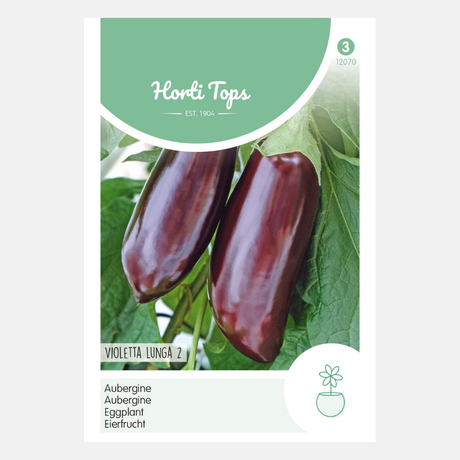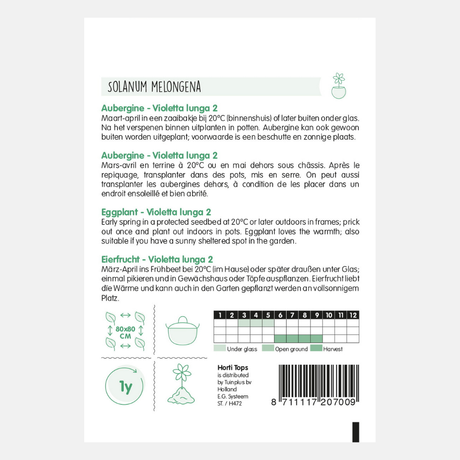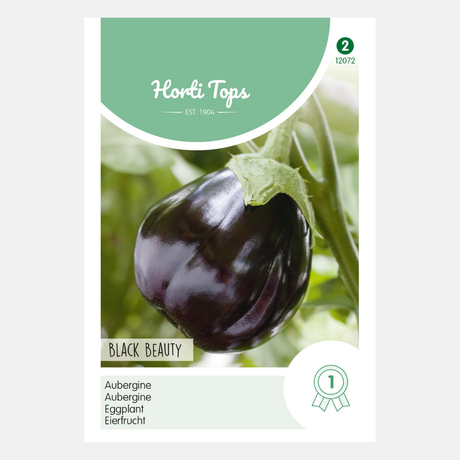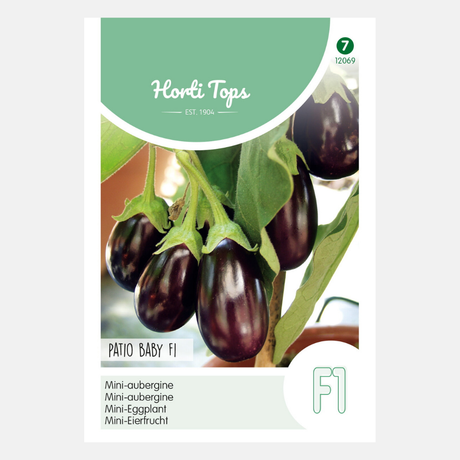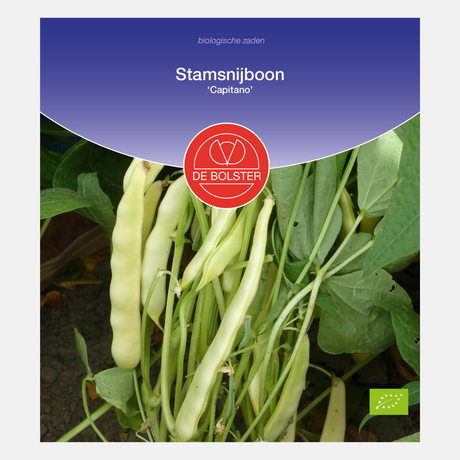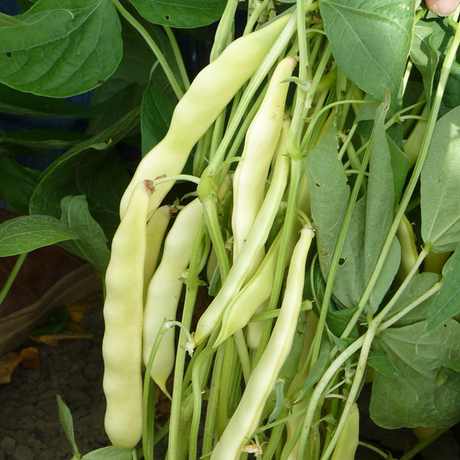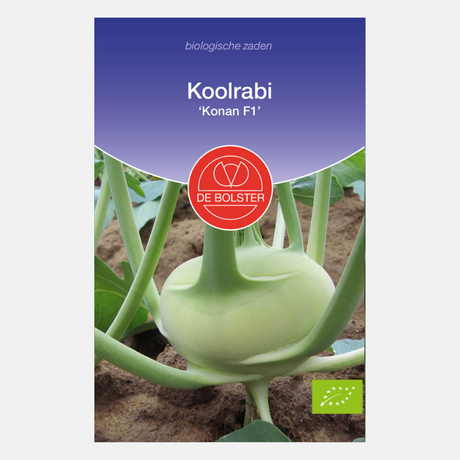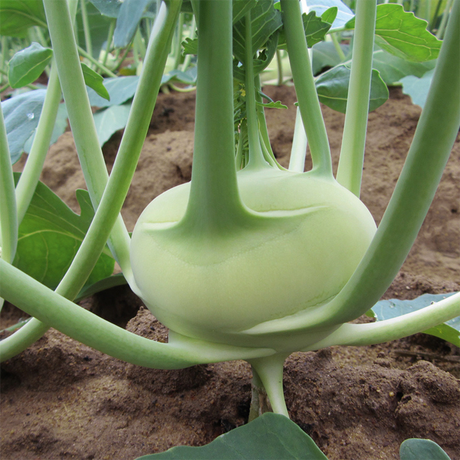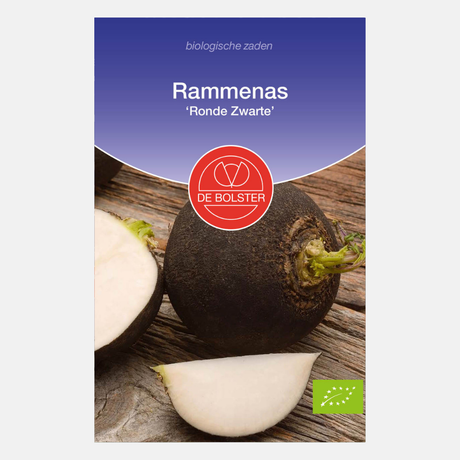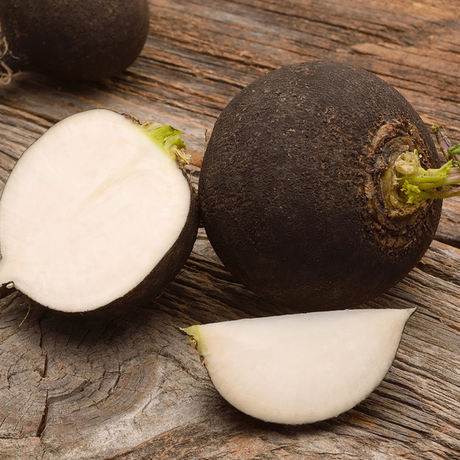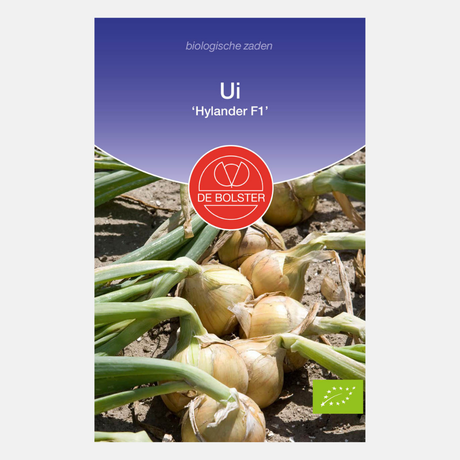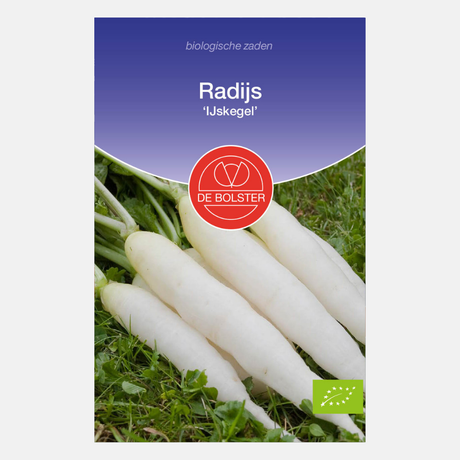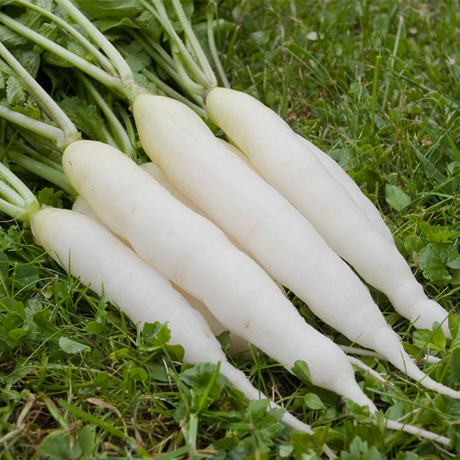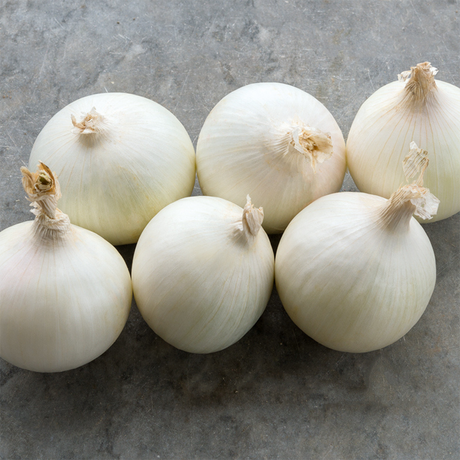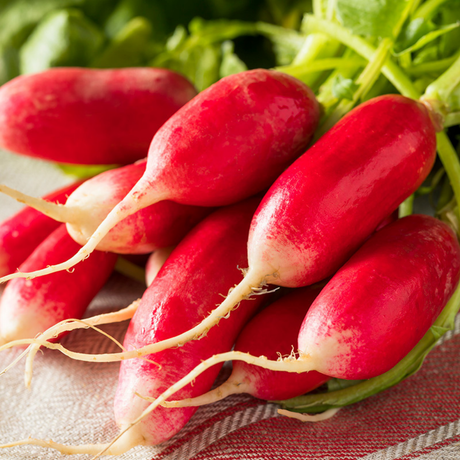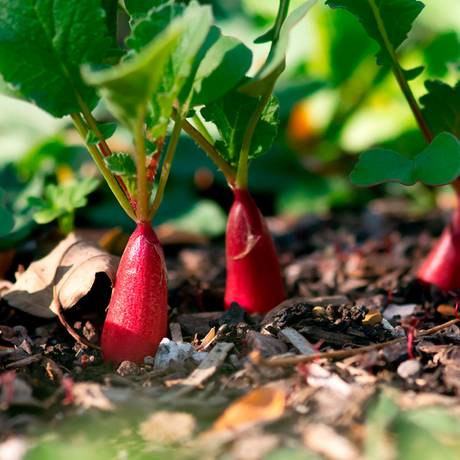Eggplant 'Violetta Lunga 3' BIO
Regular price €2,96Unit priceUnavailable- Regular price €2,23Unit priceUnavailable
- Regular price €1,84Unit priceUnavailable
- Regular price €4,91Unit priceUnavailable
- Sold out
Eggplant 'Rotonda bianca sfumata di rosa'
Regular price €3,12Unit priceUnavailable - Regular price €2,93Unit priceUnavailable
Eggplant 'Violetta di Firenze' BIO
Regular price €3,67Unit priceUnavailable- Sold out
Mini Aubergine 'Patio Baby' F1 - suitable for pots
Regular price €3,52Unit priceUnavailable Eggplant 'Melanzana Violetta Lunga 2'
Regular price €2,93Unit priceUnavailableEggplant for pot 'Blancheronde a oeufs' BIO
Regular price €3,67Unit priceUnavailable
Sowing eggplants in pictures
In this video Tom shows how he sows eggplants using the propagator.
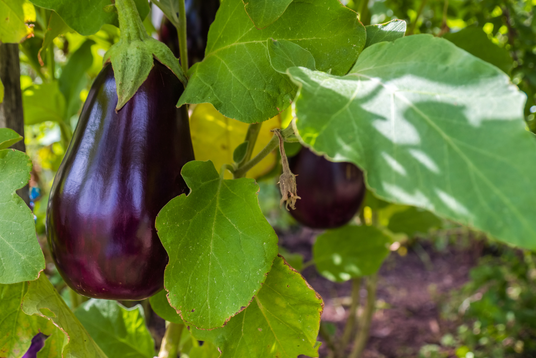
Also read our growing guide about growing eggplant.
You may also like
View allEggplant seeds
With eggplant seeds, you'll embark on a sunny adventure. These plants love warmth and sun and reward you with glossy, shiny purple fruits bursting with flavor. They also produce prolifically and yield abundantly. Sow them indoors early; a good start is essential for successful cultivation. A windowsill is an ideal spot for sowing eggplant seeds, especially if it's south-facing, as the seeds germinate best in a sunny spot. A beautiful plant for anyone who loves Mediterranean cuisine.
What makes those dark purple fruits so special?
An eggplant can be considered a somewhat exotic plant to grow, but with a little help from a propagator, you can certainly succeed. The eggplant is a tropical plant and belongs to the nightshade family. The plant requires humus-rich, airy soil that retains sufficient moisture, which is essential for healthy growth.
The elegant ' Black Beauty ' demonstrates that these are beautiful plants. Black Beauty is a healthy variety that produces flavorful, purple-black fruits with a characteristic dark purple color. The plant may have spines on the stems or leaves. Some varieties have been specifically bred for certain characteristics. Eggplant ' Black Beauty ' produces large, egg-shaped fruits that are juicy and tasty.
Eggplants also thrive in pots. Patio Baby F1 is ideal for this; this variety produces small fruits. Eggplant ' Violetta Lunga 3 ' is a fairly early variety with slender, dark purple fruits, ideal for an early harvest.
Eggplant varieties and characteristics
You're probably familiar with those beautiful dark purple eggplants from the store, but did you know you can also grow them yourself? Eggplants are a real treat in the garden, offering a surprising variety of shapes, colors, and flavors. The most common variety is Solanum melongena—sounds fancy, but it's simply that large, glossy, dark purple beauty you know. With white flesh and a sturdy green stem. This classic eggplant is not only a real eye-catcher among your other vegetables but is also known for its rich flavor and firm texture. Perfect for those delicious Mediterranean dishes you dream of.
Besides those traditional round varieties, there are also unusual varieties like 'Violetta Lunga 3'. This one stands out for its elongated, slender shape, and you can pick it early in the season—handy, right? The different varieties range from small and compact to large and sturdy, so there's sure to be a variety to suit your space. Whether you have a large garden, a greenhouse, or just a balcony—there's always something to arrange.
Eggplants are true warmth-lovers, just like we do in the summer. They love a sheltered spot in the sun and thrive in the ground. But don't worry if you only have a patio or balcony—they also thrive in large pots. Make sure the pot has a diameter of at least 40 to 50 cm, so the roots have plenty of room. Your eggplants prefer warm, dry soil, so give them about 75 by 50 cm of space so they can stretch and branch out well. Eggplant plants need support to prevent them from falling over because of the fruits.
During the growing season, it's important to water and support them regularly, especially once those beautiful fruits start to develop. Your eggplants are ready to pick once they turn a deep, dark purple and the flesh feels nice and firm. Eggplant fruits should be harvested when they're not fully ripe to prevent loss of quality. And here's the beauty of it: the more you pick, the more new fruits will appear. This ensures a bountiful harvest throughout the season—who wouldn't want that?
In your vegetable garden, eggplant combines beautifully with other vegetables like tomatoes and peppers. They're a valuable addition not only because of their beautiful appearance and rich flavor, but also because they're relatively easy to grow and you get a lot of them. Whether you choose the classic Solanum melongena or a unique variety like Violetta Lunga, eggplant brings a tropical touch and is a versatile vegetable into your home. And believe me, they're perfect in so many dishes—from baba ganoush to Mediterranean casseroles. Remove excess side shoots from eggplant plants to encourage fruit growth. Enjoy gardening!
When should you sow eggplant seeds?
Eggplant seeds can be pre-sown indoors in February and March at a temperature of around 20 degrees Celsius, as these temperatures are ideal for successful sowing and germination. For strong, healthy plants that yield an early harvest, sow the eggplant seeds in a propagator starting in January. Eggplant seeds can be sown in a seed tray from February to April. Ensure the seeds can germinate by placing them on damp paper towels or in moist soil, and keep the environment moist during the germination process for optimal growth.
How do you grow eggplant plants from seeds?
Your plant starts growing during the germination process of your seeds. Give your eggplants a good, early start from January to March by sowing them in a propagator. Sow a few seeds in a cell tray in good, airy seed and cutting soil. Let your eggplant plants grow until they have 6 to 8 leaves. Before planting in May, harden off your eggplant plants outdoors during the day, but bring them back indoors at night. This allows the plants to acclimate to a different environment (temperature, wind, sun, etc.). Then plant them out in a raised bed, pot, in the ground, or in your conservatory or greenhouse. It's important to wait to plant out your eggplant plants until late May or early June to avoid low nighttime temperatures. Make sure you only plant them out in the garden or place them in large pots once the risk of night frost has truly passed. Eggplants love the sun and appreciate some organic matter like lava meal and coconut fiber in their planting hole. A slow-release organic fertilizer for fruiting crops will also give them a boost. As soon as they develop flowers, feed them with liquid fertilizer weekly or biweekly. When grown outdoors, you can expect about 8 to 10 fruits per plant, depending on the growing conditions.





